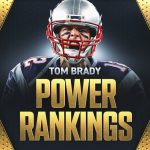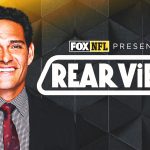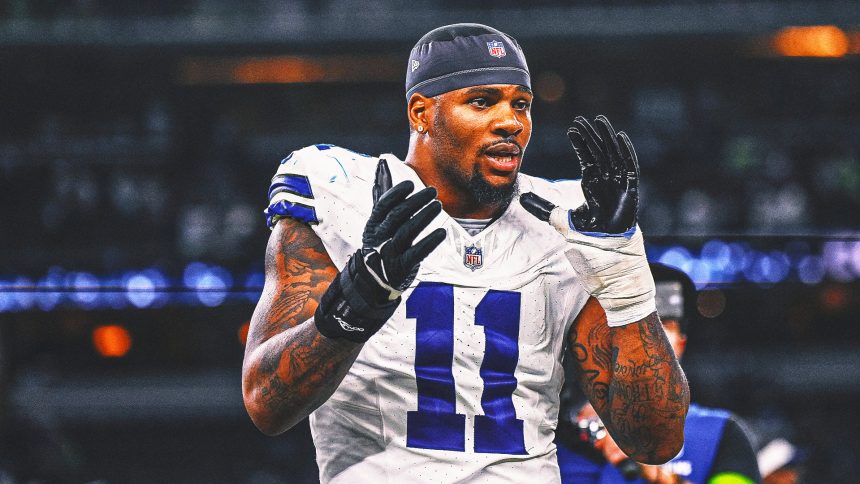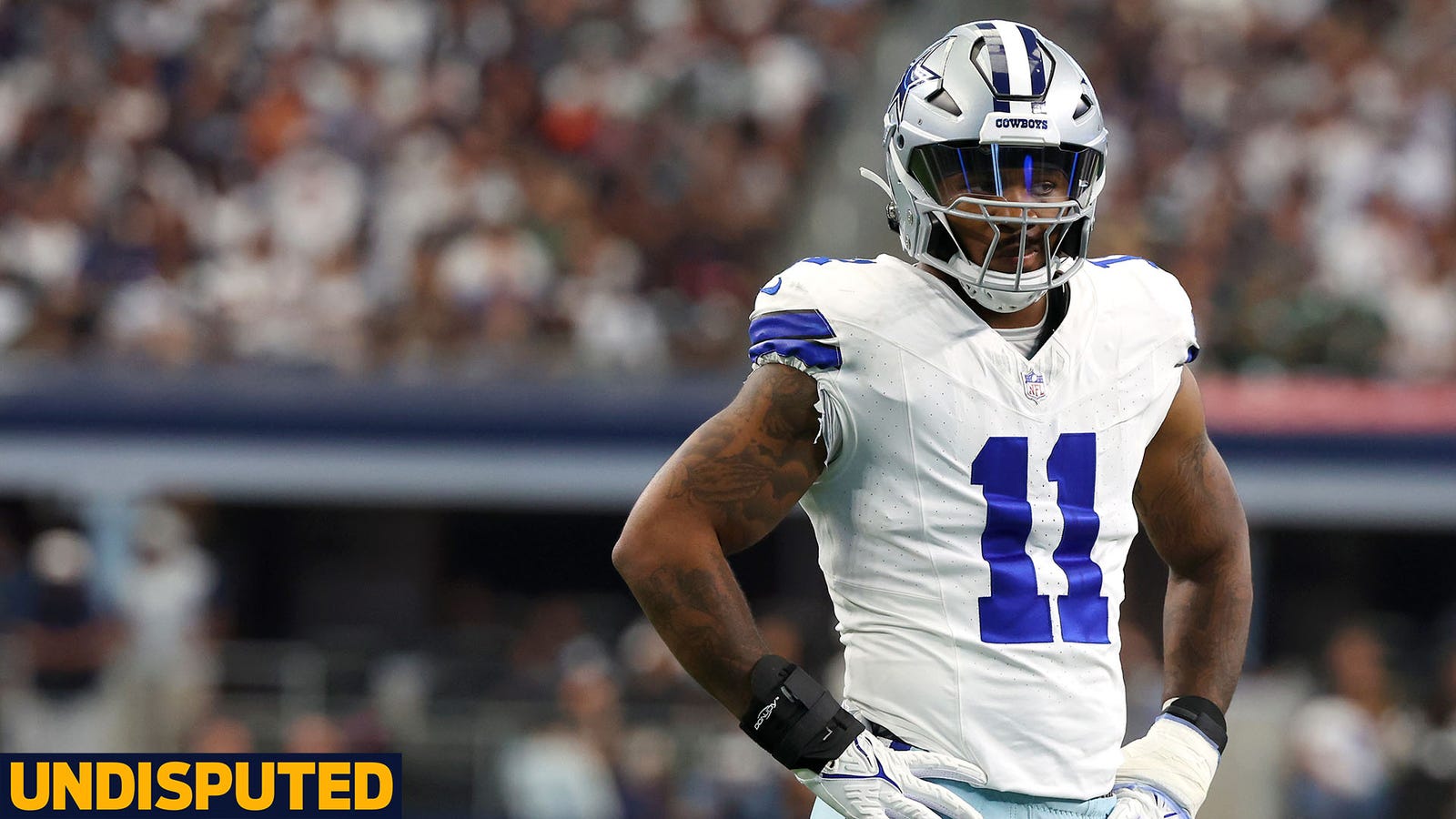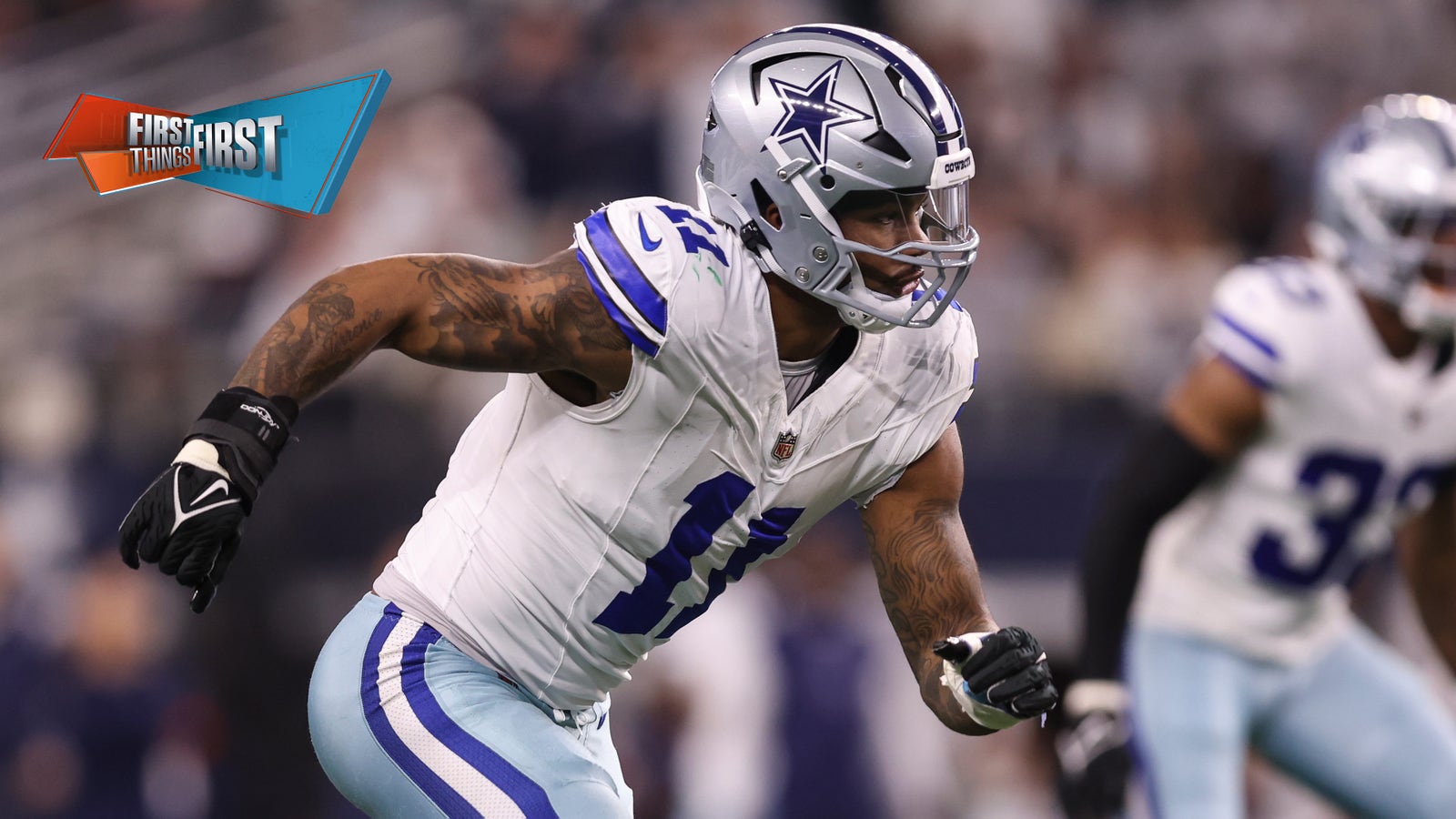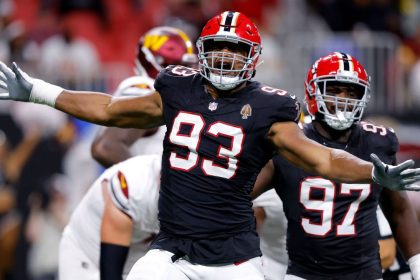The hand-wringing always happens at this time of year, when there are no results to argue about.
Spring in the NFL brings OTAs and mandatory minicamps, where teams are installing new schemes and players are getting their feet back underneath them. It’s several steps short of training camp practice, let alone the rigors of the regular season.
With that useful context, it makes sense that we dedicate so much time and energy to attendance. It’s one of the few tangible things we can glean from this small handful of offseason practices.
The story is obvious with CeeDee Lamb, and we’ve covered it. Lamb missed out on voluntary OTAs and will take a nearly $100,000 fine for missing the Cowboys’ mandatory minicamp, as he waits for a new contract that will make him among the NFL’s highest-paid receivers.
ADVERTISEMENT
The conversation is a bit more nuanced for Micah Parsons, who reported for this week’s mandatory sessions after dipping in and out during voluntary work. This has caused some consternation among those that follow the Cowboys, who are trudging through a frustrating offseason.
As might be expected, the three-time All-Pro (correctly) pointed out that all he has done to this point is miss some optional, half-speed workouts — which hardly makes him unique among game-changing talents.
“There was a time where Aaron Donald didn’t even go to camp and he won Defensive Player of the Year and then went to the playoffs,” Parsons told reporters Tuesday. “Like, are we forgetting these times? Like, we wasn’t talking about the best defensive players wasn’t even in camp. And we’re in minicamps. Voluntary, at that.”
Nothing Parsons said is wrong in the strictest sense, but therein lies the crux of these conversations. The offseason program is looked upon as a foundation for players to put the extra work in, develop chemistry and do the little things that will make all the difference in the fall.
Dak Prescott has long been the embodiment of that attitude, as his offseason attendance record has been perfect despite his history of contract disputes. But even Prescott was sure to say that there are multiple ways to approach it.
“This is optional. I’m here, right? I would love for Micah to be here. Trust me, he’s heard me say that,” Prescott said. “But this is optional. I know he’s getting better, I know he’s working on his body, so I don’t have any angst or concerns there.”
Cowboys head coach Mike McCarthy also pointed out that Parsons will have a long time to work on those things, but he didn’t do much to veil his displeasure that his star pass-rusher will be getting a late start.
“It’s a long year. Training camp is really the heightened focus for all of that,” McCarthy said last week. “But yeah, it’s definitely an opportunity that’s been missed.”
The backstory to this situation provides even more context — because Parsons missed voluntary work last spring, and no one batted an eye. The current tension is tied to the Cowboys’ 48-32 wild-card loss to Green Bay, in an effort that didn’t look remotely that close.
Following the early postseason exit, Parsons said on his “The Edge with Micah Parsons” podcast that he wanted to be a bigger part of shaping the team’s culture moving forward.
“We need to have way more accountability,” he said at the time. “I just think we let things slide too often because we know we’re good. That’s all about me. I want to change the culture. I want to change the identity of what the Cowboys are. Cut the extra stuff out, I just want people to lock in for 22 weeks. Seven months can change your life. And I’m ready.”
The takeaway is truly in the eye of the beholder here. A critic of Parsons’ approach might point out that leaders typically take part in voluntary workouts, and that justifying one’s absence sounds a bit like letting things slide.
At the same time, Parsons’ own quote highlights “22 weeks,” or roughly the time span from training camp to the end of the season.
Parsons made another true point on Tuesday, that the Cowboys will spend a month together in Oxnard, California, for their training camp and preseason. There’ll be plenty of time to forge the bonds of brotherhood.
The hope is that the added time away from the field helps Parsons hold up for the grind. Parsons noted that being undersized takes a toll at his position and the hope is that extra time with his own trainers would pay off in the long run.
“I’m just trying to grow, strengthen and really just get ready for the year,” he said.
The blunt reality is that the result will inform public opinion of the process. He is right that Donald skipped two training camps in a row while searching for a better contract, and he won back-to-back NFL Defensive Player of the Year awards despite those lengthy absences from practice.
Even better, Tom Brady skipped OTAs during his final two years in New England. That includes the 2018 season, when the Patriots won Super Bowl LIII — incidentally, against Donald’s Rams.
Plenty of players have proven that these offseason formalities aren’t necessary to achieve team or individual success. Parsons even took to Twitter on Tuesday night to let his play do the talking.
If that’s what happens, this offseason hand-wringing will slip away like it has for so many other NFL greats. If not, it’ll be that much more noise for a team that hears plenty of it.
David Helman covers the Dallas Cowboys for FOX Sports and hosts the NFL on FOX podcast. He previously spent nine seasons covering the Cowboys for the team’s official website. In 2018, he won a regional Emmy for his role in producing “Dak Prescott: A Family Reunion” about the quarterback’s time at Mississippi State. Follow him on Twitter at @davidhelman_.
[Want great stories delivered right to your inbox? Create or log in to your FOX Sports account, follow leagues, teams and players to receive a personalized newsletter daily.]
recommended
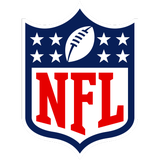
Get more from National Football League Follow your favorites to get information about games, news and more

